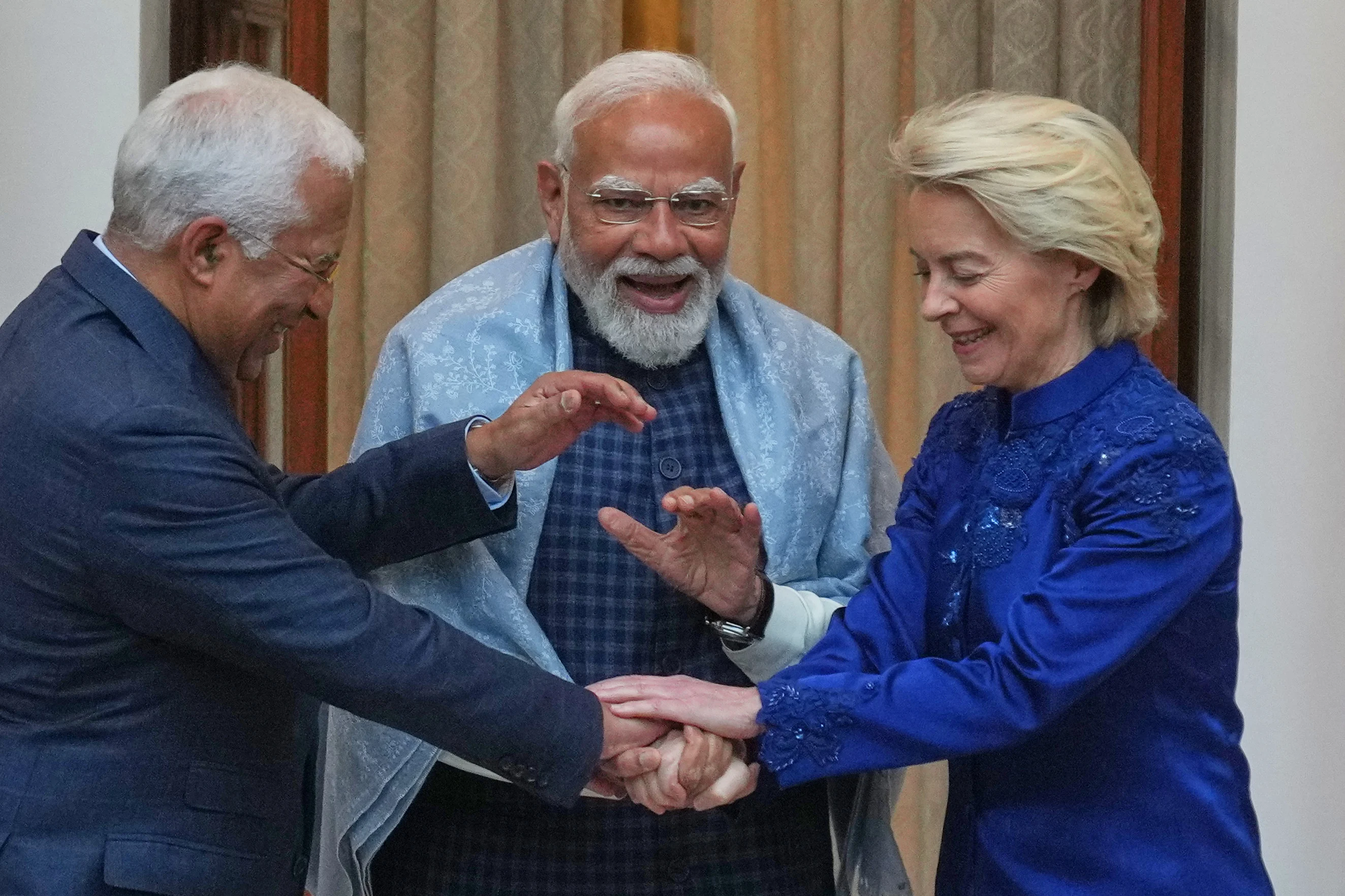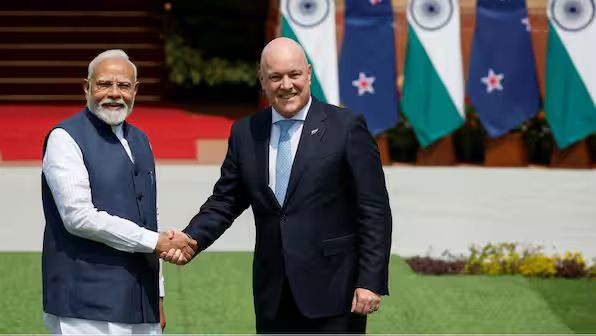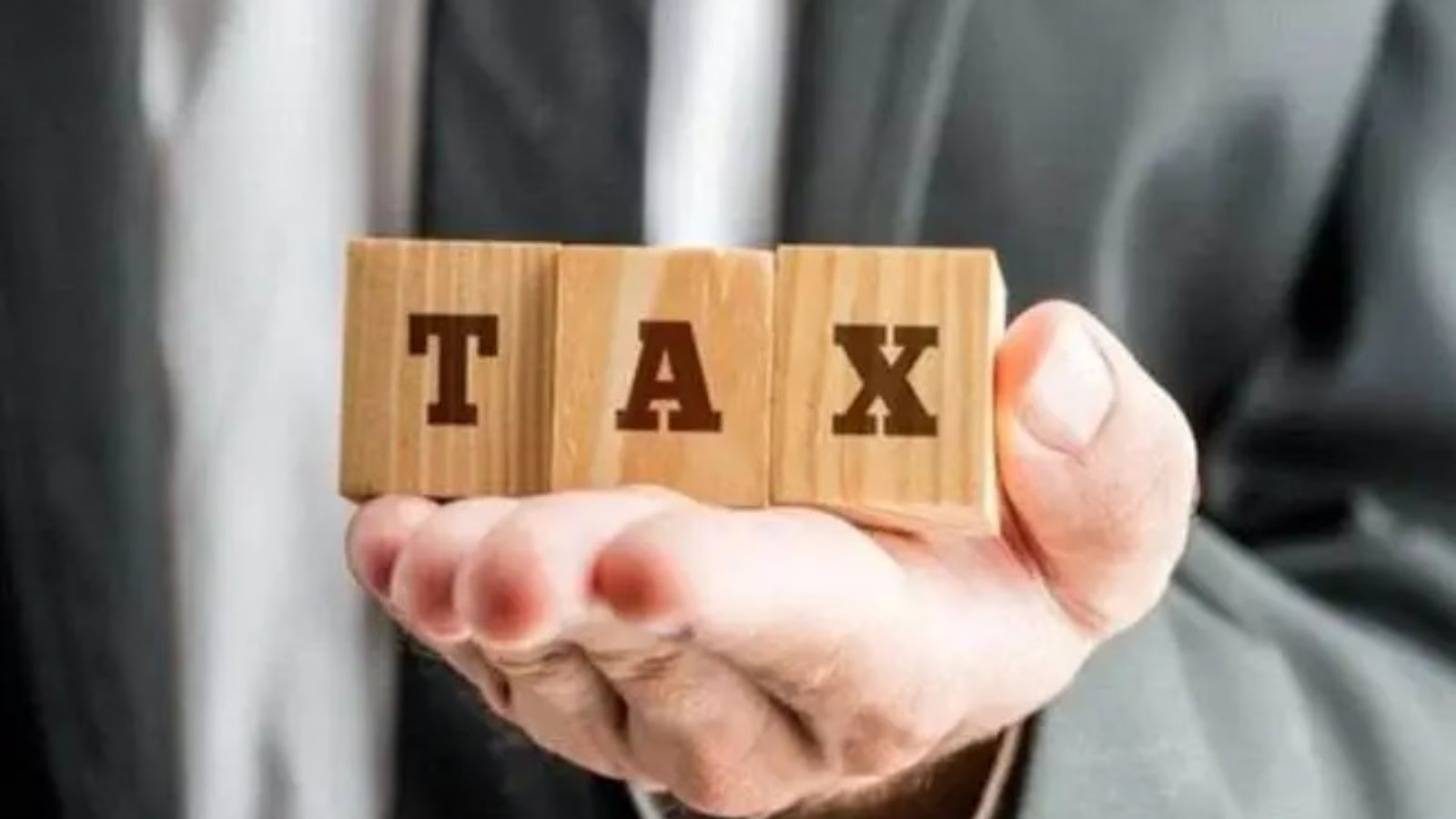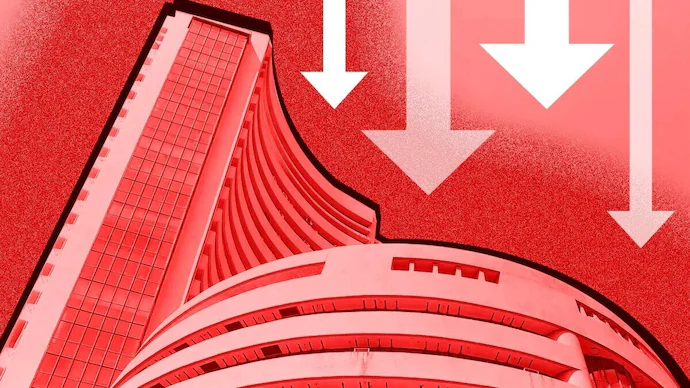Business
Interim Budget 2024: Expectations for Indirect Taxation


By - 31 Jan 2024 08:30 PM
|
Given that there is a high priority on increasing participation in global value chains, the expectations from this budget from an Indirect Tax standpoint could be around improving the global trade ecosystem, simplification and streamlining of compliance framework, policy measures to cultivate local competencies and exports as well as focus on simplification and certainty in tax policy. The 2024 Interim Budget is set to be presented in Parliament on February 1. Given that there is a high priority on increasing participation in global value chains, the expectations from this budget from an Indirect Tax standpoint could be around improving the global trade ecosystem, simplification and streamlining of compliance framework, policy measures to cultivate local competencies and exports as well as focus on simplification and certainty in tax policy. The Manufacturing and Other Operations in Warehouse Regulations (MOOWR) Scheme has been conceived to encourage domestic manufacturing to participate in the global value chain by offering duty deferment and location flexibility. The changes made through the Finance Act, 2023, which requires payment of Integrated Goods and Services Tax (IGST) and Compensation cess on goods stored in a warehouse for manufacturing, seem to have been an intent to restrict the benefit to customs duty other than IGST and Compensation cess. This change allows for sector-specific carve-outs and at present such a carve-out has been made for electronics and semiconductor manufacturing sectors. Such change in the scheme seems to have raised uncertainty for manufacturers with expansion plans and importing capital goods. To bolster manufacturing and to support export competitiveness, this uncertainty may be addressed in this Interim Budget. Given the intent of the GST system to have a seamless flow of credits across the value chain, degree of compliance by way of e-invoicing, and buoyant tax collections, the fragments of the erstwhile regime with respect to credit restrictions may be reconsidered. Reducing credit barriers, particularly those pertaining to infrastructure, employee-related expenditures, and construction or immovable property could perhaps benefit businesses by unlocking working capital. Like some of the erstwhile state Value Added Tax (VAT) legislations, a mechanism for allowing refund of unutilised GST input tax credits balance at the conclusion of each fiscal year could be explored, regardless of exports or refund towards inverted duty structure. |
























